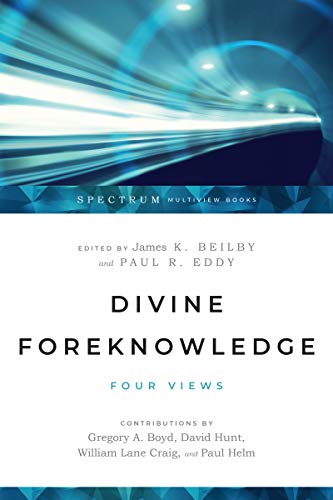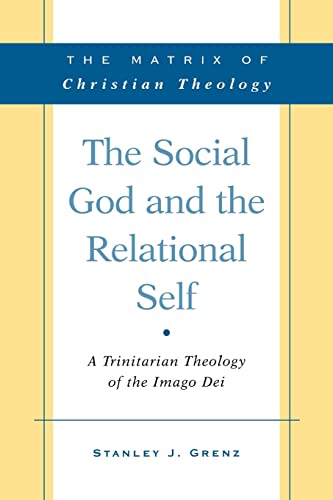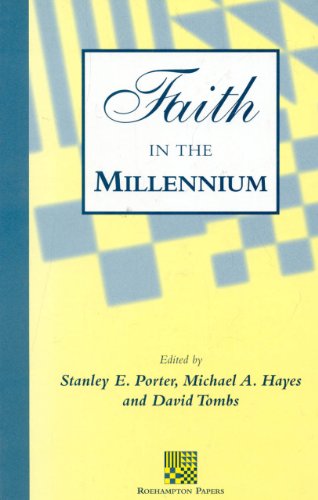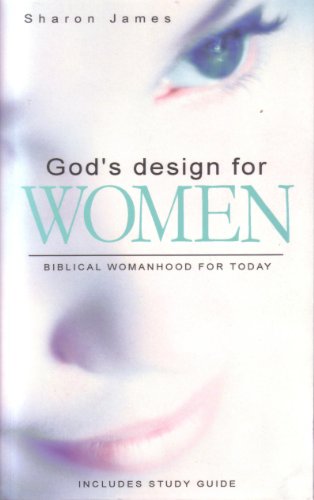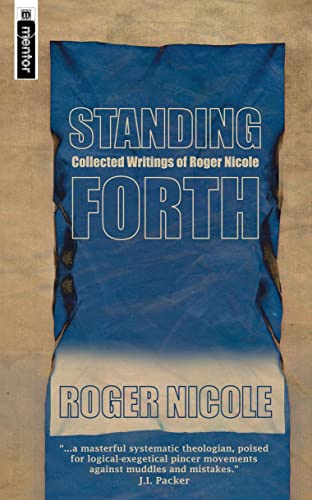PHILOSOPHY AND REVELATION: A CONTRIBUTION TO THE DEBATE ON REASON AND FAITH (ASHGATE TRANSLATIONS IN PHILOSOPHY, THEOLOGY AND RELIGION)
Written by Vittorio Possenti, (trans. by Emanuel L. Paparella) Reviewed By Patrick RichmondIn 1998, Pope John Paul II issued his thirteenth encyclical, Fides et ratio, urging a positive relation between faith and reason and challenging the Enlightenment supposition that they must follow separate trajectories. Possenti offers a commentary and reflection on the encyclical, looking at the history of the interrelation between philosophy and revelation and focussing on the nature of truth, reason, metaphysics and the philosophical task. Following the Pope, he thinks that philosophy can discover fundamental truths about human existence, and laments the way that since the enlightenment philosophers have generally abandoned attention to God and human mortality. Since then they have increasingly been content to deal with secularised ethics, philosophy of science, textual hermeneutics and narrowly formal studies of reason and logic instead of seeking traditionally understood wisdom.
One major theme is the abandonment of a realist view of truth as conformity or correspondence of concepts and statements to reality, whether that reality be metaphysical, physical or moral. Instead, truth tends to be analysed as mental coherence, as what is or will be the consensus view, or pragmatically, as what works. This is claimed to result from the loss of the Aristotelian/Thomist view that allows intellectual intuition of reality and an intentional identity between thought and reality; reality becomes inaccessible, since it can be encountered only through thought. Sadly the Thomist position is not explained or justified in great detail, and one gets the impression that modern problems with the correspondence view are being dismissed rather than properly answered.
The rupture between philosophy and revelation is dated to the seventeenth and eighteenth centuries. The separation is now taken as so axiomatic that many have dismissed as worthless the philosophical theology of the Middle-ages. In contrast, although Possenti rarely criticises the Pope’s presentation in the encyclical, he does point out that it leaves the impression that there was little intellectual progress between Thomas Aquinas and the nineteenth century. Some of the chief ‘villains’ of Possenti’s history of Western thought are Kant, for his idealism and reduction of Christianity to ethics, and Heidegger, for his belief in the end of metaphysics. Descartes is accused of ‘philosophical psychologism’, and Luther of ‘religious psychologism’. Possenti complains of a modern tendency to substitute experience for examination of evidence and argument, as much in modern theology as in philosophy. Theology shorn of philosophy ends up in Biblical fundamentalism or subjecting revelation to secular concerns and thought.
The modern popularity of relativism and antirealism is seen to lead to nihilism, which the Pope characterises as losing touch with the ground of human dignity. In view of this even the ethics that is done by modern philosophers risks being ungrounded and undermined. Genetic engineering is connected with this nihilistic view of human dignity.
Attempts to respond to the modern situation using the tools of existentialism leave everything depending on ungrounded human decisions. Rather, what Possenti commends is a recovery of the Thomist ‘philosophy of being’ coupled with Biblical tradition. Philosophy should listen for revelation, and can serve as a preparation for the gospel, if not in its contemporary form, at least in the classical sense as a love of wisdom.
The translation seems reasonable, though occasionally one wonders if something is being lost or even misunderstood. The direction of Possenti’s thought is sometimes hard to discern, although the main themes are clear. This book may be useful if one wants to see a broad Roman Catholic perspective on where philosophy is and some diagnosis as to what has gone wrong. Unfortunately, there is little that might be seen as a detailed argument that might persuade those not already in basic sympathy with Catholic thought to reconsider. Many may agree that philosophy no longer offers much in the way of wisdom traditionally understood, but this on its own does little to defend traditional answers.
Patrick Richmond
St Catharine’s College



